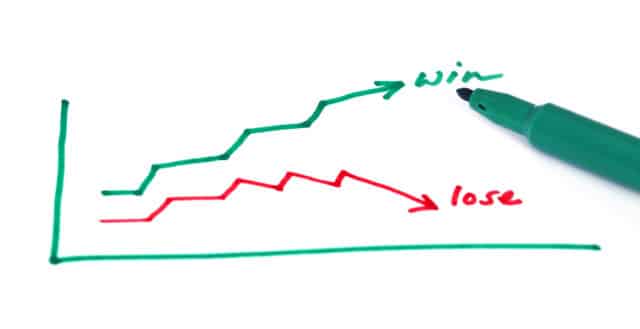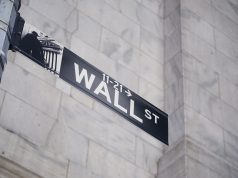US stocks started the week with a sharp rise as the Dow Jones index notched its best session since March with a 259.58 point mark on Monday. The shares of Goldman Sachs and Apple contributed the most. The broader S & P500, however, reached a new record at 2 488.11 points, with its 1.1% rise, which is the biggest rise in the session since April. NASDAQ also reported increase of 1.1 percent to 6432 points.
Insurers were the biggest winners amid news that Hurricane Irma seems to have caused less damage than feared. Travelers Companies recorded gains after J.P. Morgan analyst Sarah DeWitt said that the losses from U.S. hurricanes are now expected to be in line or lower than expectations as of Friday.
The local insurers in Florida, Heritage Insurance Holdings, Universal Insurance Holdings and United Insurance Holdings also performed well with gains ranging from 12 to 22 percent.
Cruise companies, which were under pressure on fears about Irma, also bounced back. Royal Caribbean and Carnival rose to 3.6 percent.
The major economic report to watch on Tuesday is the consumer price index (CPI). This is one of the most important indicators, measuring the rate of inflation. The index is determined by the change in consumer prices, with more volatile food and energy products excluded from the index.
The rate of inflation is expected to rise on a monthly basis, as well as an inflationary growth of 2.8% on an annual basis in August. Data on producer prices in the country will also be of interest, since these prices are passed on to the price of retail, so to some extent it is a leading indicator for inflation. A jump in price is expected in August after a July slump was reported.
The effects of Hurricane Irma still cause concern for demand for crude oil, and this brought a mixed session for black gold on Monday. Refineries in the US are opening doors, but there is still an excess supply which may further increase the growing spread between Brent and WTI. Goldman Sachs experts expect the two hurricanes to cause a bearish shock on the oil market in September, reducing global demand by 900,000 barrels a day, and curbing supply by about 300,000 barrels per day.
Price prospects in the longer term are shaped by renewed discussions about further production cuts in the framework of the OPEC agreement at the end of last year. Saudi Arabian Energy Ministers, Venezuela and Kazakhstan have discussed extending the deal by 3 months at the weekend. Despite the controversy, WTI rose 1.2% on Monday and reached $48.07 a barrel.










